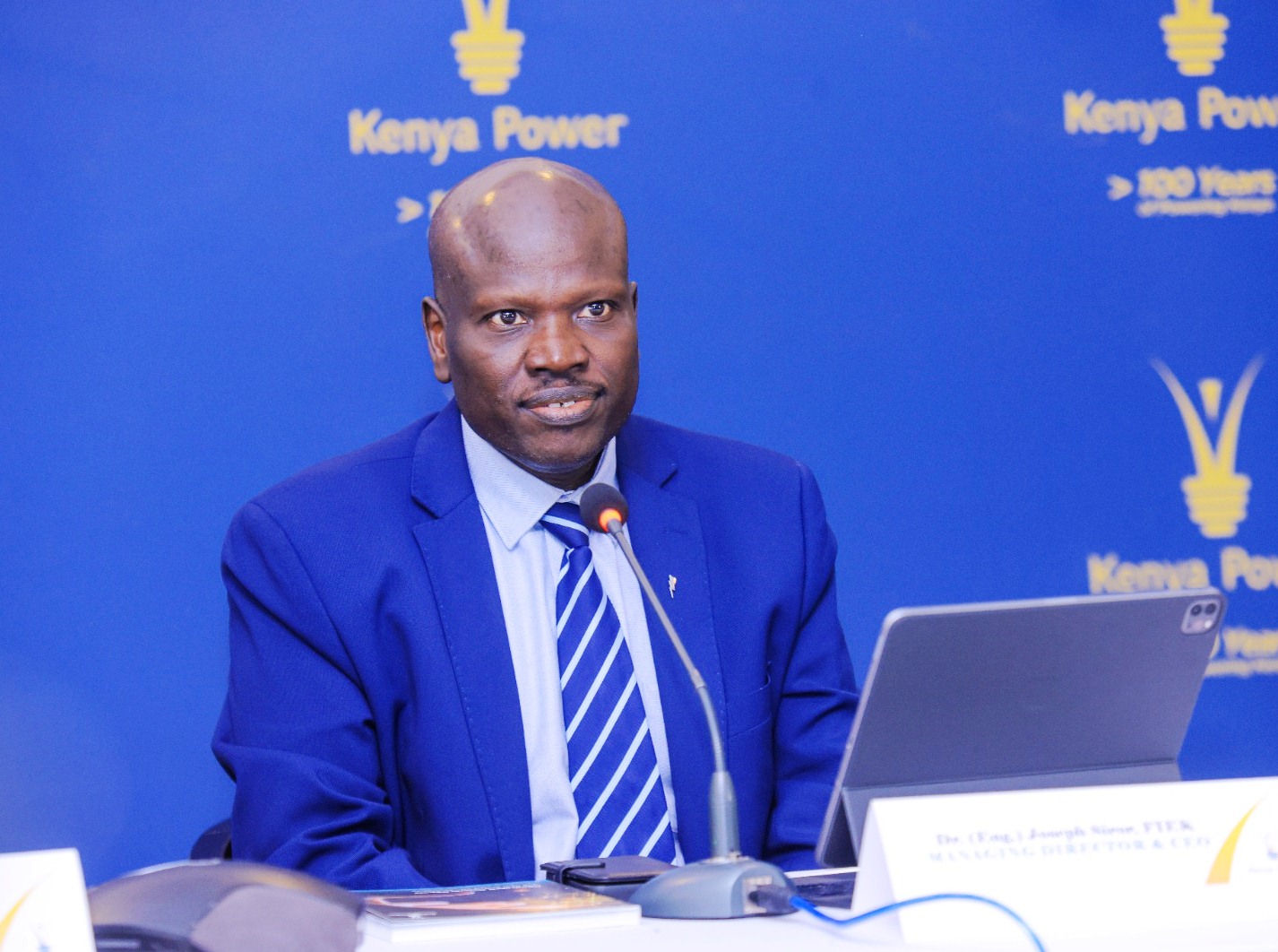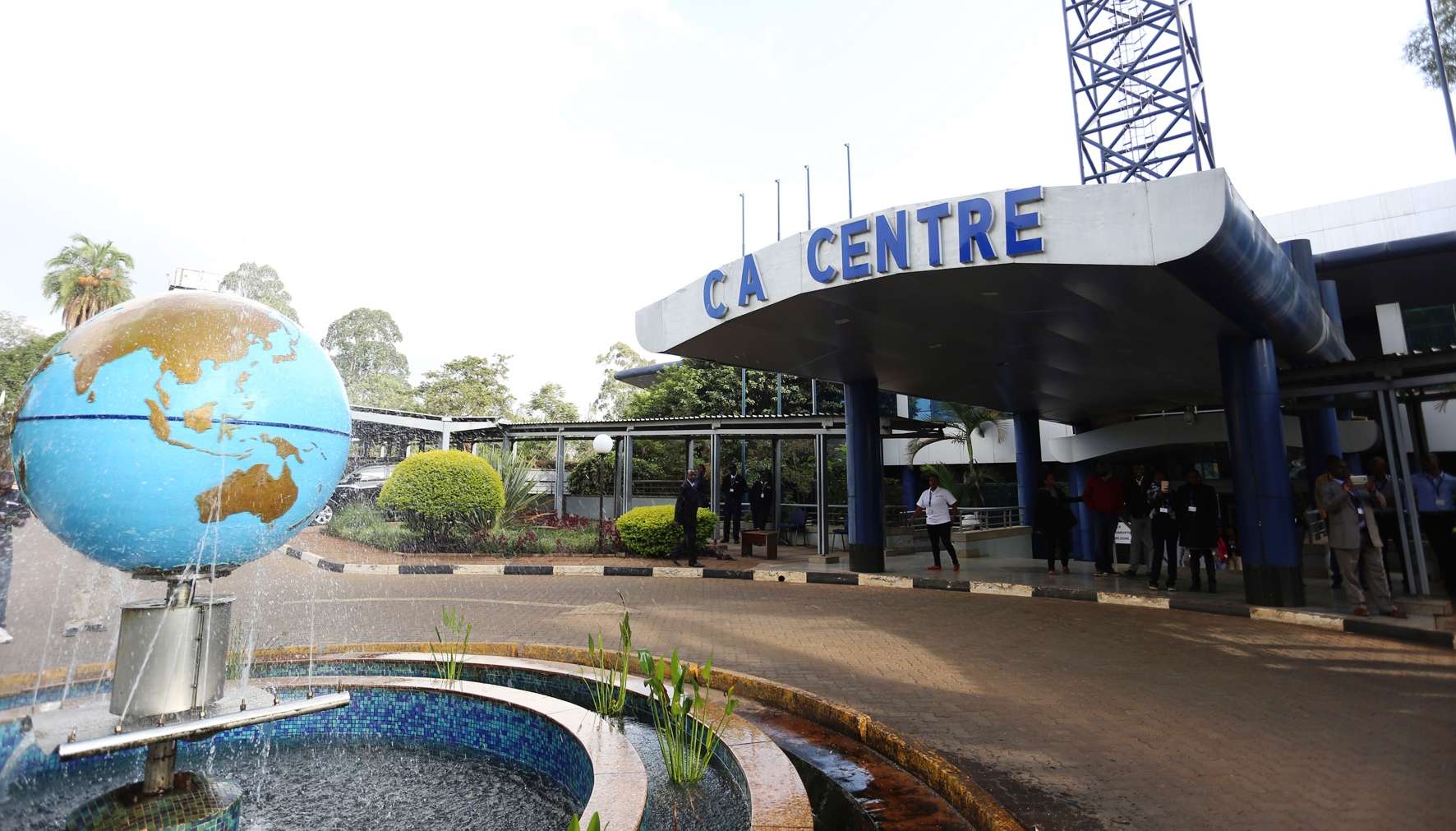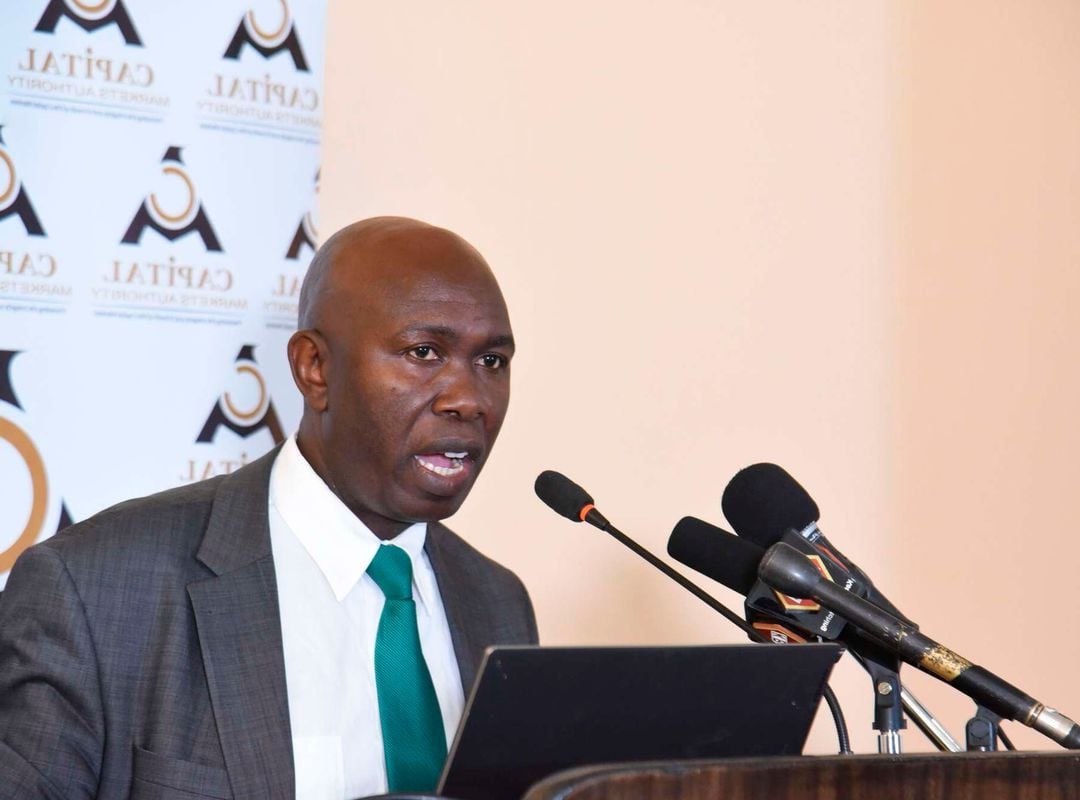Kenya Power recorded a negative working capital of Ksh 27.4 billion, marking a marginal improvement from the Ksh 51.2 billion reported in 2023. Auditor General Nancy Gathungu noted that this material uncertainty casts doubt on the company’s ability to continue as a going concern
Auditor General Nancy Gathungu has once again raised alarms about the viability of Kenya Power, citing persistent financial challenges, operational inefficiencies, and questionable practices. In her report to the National Assembly for the year ending June 2024, Gathungu highlighted that for the eighth consecutive year, Kenya Power has operated with negative working capital. Despite claims by the Board of Directors and Management of strategic initiatives to improve financial results, the measures have yet to yield significant progress.
The report disclosed that Kenya Power incurred penalties totalling Ksh 981.8 million for late payment of invoices, which increased the cost of sales and worsened cash flow issues. Management attributed the delays to a foreign currency shortage, but Gathungu criticized the penalties as a waste of resources.
The company recorded a negative working capital of Ksh 27.4 billion, a marginal improvement from the Ksh 51.2 billion reported in 2023. Gathungu noted that this material uncertainty casts doubt on Kenya Power’s ability to continue as a going concern.
Despite these issues, Kenya Power reported a profit of Ksh 30 billion for the year ending June 2024, a recovery from a net loss of Ksh 3.19 billion in 2023. Managing Director Joseph Siror attributed the turnaround to increased electricity sales and reduced finance costs due to a stronger Kenyan shilling.
Electricity sales rose by 21% to Ksh 231.12 billion, driven by new customer connections and heightened economic activity, particularly in manufacturing. However, Gathungu’s report highlighted that systemic inefficiencies and operational mismanagement continue to plague the utility company.
The Auditor General’s report detailed several concerns:
- Power Losses: Kenya Power lost 3,168 GWh (23.16%) of purchased electricity, exceeding the Energy and Petroleum Regulatory Authority (EPRA)-approved loss threshold of 19.5%. These inefficiencies are borne by the company, increasing operating costs.
- Billing Irregularities: Customers were billed inaccurately, with 99,975 accounts receiving estimated bills for over three months and 8,359 active accounts not billed at all.
- Unrecovered Debts: The Company reported Ksh 5.47 billion in unpaid bills from terminated customer accounts, some dating back over 20 years.
- Procurement and Land Issues: The report flagged unsupported procurement expenditures, lack of title deeds for owned land, and weak compliance with procurement regulations.
The Auditor General also raised concerns about the cost disparity between electricity purchased from KenGen and Independent Power Producers (IPPs). Although KenGen supplied 59% of total power, it accounted for only 40% of costs, while IPPs, providing 41% of power, accounted for 60% of costs.
“The disparity was mainly attributed to terms in contracts with IPPs, where sales revenue often fell below procurement costs,” the report noted.
Gathungu’s report underscores the urgent need for structural reforms within Kenya Power to address inefficiencies, improve financial health, and ensure sustainable operations. It remains to be seen whether the management’s ongoing initiatives can overcome these entrenched challenges.





